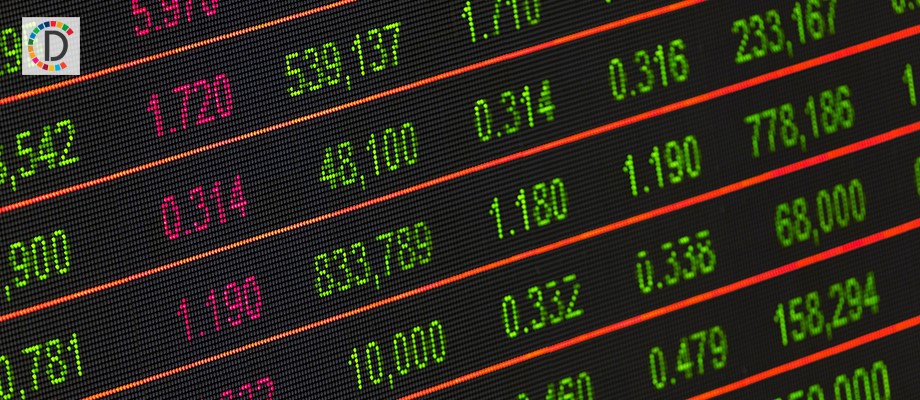China stocks close down after Fed rate hike
** Real estate developers lost 1.3% after data showed China's May new home prices fell for the second month this year, as widespread COVID-19 curbs dented already weak buyer confidence in the property market. ** Shares in energy and brokers slumped more than 4% each, while insurers declined nearly 3%.

- Country:
- China
China stocks closed down in bumpy trade on Thursday, erasing earlier gains, as investors reconsidered the impact of surging inflation and an aggressive rate hike by the U.S. central bank. The blue-chip CSI300 index fell 0.7%, to 4,250.06, while the Shanghai Composite Index lost 0.6% to 3,285.38 points.
** Asian stocks stumbled, after the U.S. Federal Reserve raised interest rates by three-fourths of a percentage point, the biggest increase since 1994, as it sought to tamper with surging inflation. ** "Chinese markets and global markets tend to be quite detached, meaning to say that they're more affected by their own policies rather than the Fed," said Samuel Siew, a market specialist at CGS-CIMB Securities.
** Some analysts said the performance of China shares will depend on the pace of the country's economic recovery, while a rangebound performance would likely be seen in the short term, with economic stimulus and COVID-19 developments in focus. ** China will act decisively in ramping up support for the economy and rolling out more policy steps but will refrain from issuing excessive money, state media quoted the cabinet as saying on Wednesday.
** The cabinet also reaffirmed its support for the "healthy development" of the platform economy, state media said. ** Real estate developers lost 1.3% after data showed China's May new home prices fell for the second month this year, as widespread COVID-19 curbs dented already weak buyer confidence in the property market.
** Shares in energy and brokers slumped more than 4% each, while insurers declined nearly 3%.
(This story has not been edited by Devdiscourse staff and is auto-generated from a syndicated feed.)
ALSO READ
U.S., China to hold more financial shock exercises, Treasury officials say
Shelton outlasts Tiafoe in three sets to win U.S. Men''s Clay Court Championship
Soccer-The week in Asian football
Yellen says U.S. will not accept new industries being decimated by cheap Chinese imports
U.S., China to hold more financial shock exercises, Yellen says










